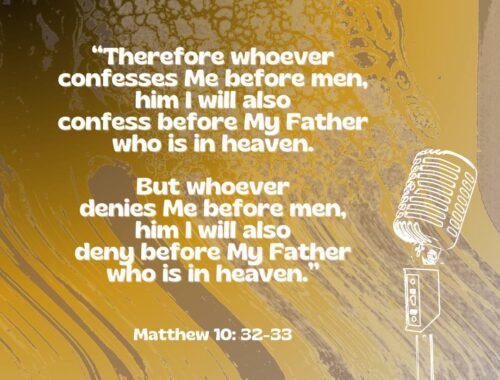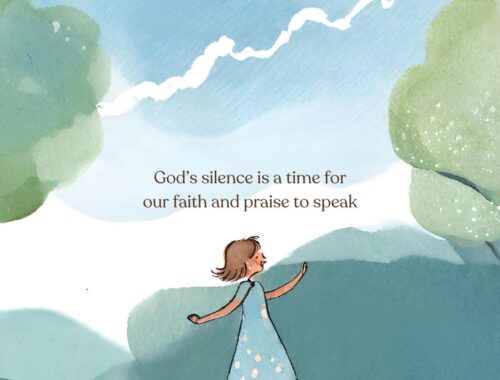Jeremiah Chapter 33 – Towards Restoration

Chapter 33 of Jeremiah describes the excellence of a restored nation. It is a utopia that God has ultimately promised to the Israelites. Yet the oracle was certainly a far cry from the everyday reality that Jeremiah experienced.
In Greek tragedy, Jeremiah would have been described as a tragic character who suffers for no fault of his own. In post-Covid parlance, he would have been described as completely lacking in whole body wellbeing. He was often depressed (Jer 8:18, 9:11, 14:17).
To say or not say was a constant question on his mind. Whether it was more bearable to suffer burning inside by not saying (J 20:9), or to take arms against a sea of outrageous death threats by saying (Jer 15:20, 20:8), both options were equally traumatic.
So traumatic that Jeremiah, like Job, begins to curse his own birthday (Jer 20:14 and 15). He often cried to the extent that there was no more tear to shed. He was not allowed to get married and settle down (Jer 16). He was instructed to purchase a piece of land that was about to be invaded by foreign forces (Jer 32). He was deemed a separatist causing national upheaval and terror by spreading ill messages. Performing with various props, such as a yoke (Jer 27:2), a belt (Jer 13), and a broken bottle (Jer 19: 10), he conveyed God’s messages and was put on trial as a spectacle for others to watch (Jer 32).
Speaking of support network, he had none. In fact, he was told to sit alone by himself (Jer 15:17). Through a heavily wounded prophet, mentally and physically, God accused how lightly the false prophets had cured His people.
What then is restoration? In chapter 33, God associates restoration with health, healing, peace and truth (6)–the entire wellbeing of the body, mind, soul and spirit. In a state of restoration, there is freedom (7), cleanliness (8), glorification of God’s name (9), and abundance of joy (11).
How then do we receive restoration from God? In the bible, the idea of restoration never exists in isolation. It is always closely connected with other ideas, such as returning and homecoming. These ideas are to be fulfilled in our everyday life practices.
God has specified these practices by demarcating the ‘ancient way’ (Jer 6:16) for us. He has bidden us to return by thoroughly amending our behaviors (Jer 7:5), discerning justly (Jer 7:5), caring for those without familial or social support network (Jer 7:6), causing no harm to the innocent (Jer 7: 6), staying away from lies and idols (Jer 7:4 and 6), sanctifying ourselves (Jer 15: 19 and 20), and keeping the Sabbath (Jer17:19-23).
Restoration, or “healing” in post-Covid parlance, does not take place instantly. While human beings have a penchant for things instant (and therefore the invention of, for example, instant drinks, switches, vehicles, and broadband internet etc), God’s acts, or healing in this case, often take place gradually. From historical records, we know Jeremiah never got to see the promised restoration when he later involuntarily fled to Egypt and died there.
Yet as we wait for God to fully restore us, now is the moment to take whatever action we can to allow God to lead us towards that full restoration.
You May Also Like

Jeremiah Chapter 25
January 12, 2024
Jeremiah Chapter 38 – Stand for God or Fall for Anything
February 12, 2024
